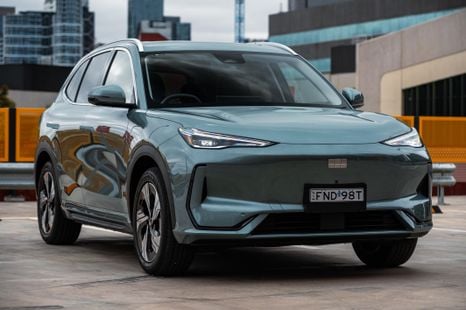

William Stopford
2026 Geely EX5 Extended Range price and specs leaked
28 Minutes Ago
The South Australian Government will install 536 charging bays across the state in what it's calling a border-to border roll-out.

Contributor
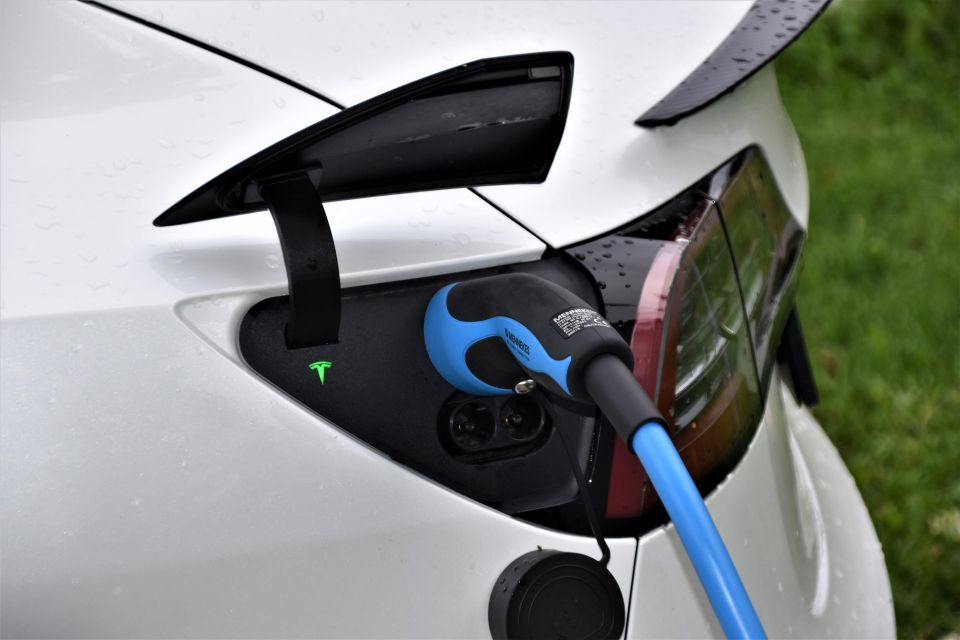

Contributor
The South Australian Government, in partnership with the Royal Automobile Association (RAA), will roll out 140 renewable electric vehicle charging sites in what it’s calling the first border-to-border charging network in Australia.
The statewide electric vehicle charging network will include 86 AC chargers (7kW output), 54 DC rapid fast chargers (150kW output) and ultra rapid fast chargers (200kW output) that will be rolled out by the end of the year.
59 electric vehicle charging stations are already available across Marion, West Lakes, Strathalbyn, Hahndorf, Woodside, Mt Gambier and five Adelaide CBD UParks locations.
Future sites will total 536 charging bays and will be rolled out across the Adelaide Hills, Barossa, Clare Valley, Eyre Peninsula, Fleurieu Peninsula, Flinders Ranges and Outback, Kangaroo Island, Limestone Coast, Murray River, Lakes and Coorang, Riverland and Yorke Peninsula regions.

The state government has committed a $12.35 million grant, with the intention of aiding the “decarbonisation of its electricity grid” and to support “a faster uptake of electric vehicles”.
The border-to-border network will be powered by renewable energy which the government claims will “contribute significantly to the stability and efficiency of our electricity system, helping place downward pressure on power prices for all South Australians”.
The South Australian Labor Government is continuing to encourage the use of electric vehicles, having recently repealed a tax which imposted a charge on every kilometre travelled in an electric vehicle.
Other incentives South Australians can take advantage of include a three-year exemption on motor registration costs as well as a $3000 EV subsidy (capped at a vehicle price of $68,750 incl GST).

In January 2023 electric vehicle sales in South Australia totalled 242 sales, up from 32 sales in January 2022.
According to a RAA survey, 62 per cent of members are considering an EV as their next vehicle, but say they are held back due to the lack of charging infrastructure.
With an upward trend of EV sales in SA, RAA chief executive Nick Reade claims the launch of the RAA Charge network will encourage more buyers to make the switch.
“Our research shows that interest in EVs is curbed by the lack of available charging infrastructure – we’re putting that to bed with the launch of the RAA Charge network,” said Mr Reade.
The SA Government isn’t the only state authority investing in an EV charging network.
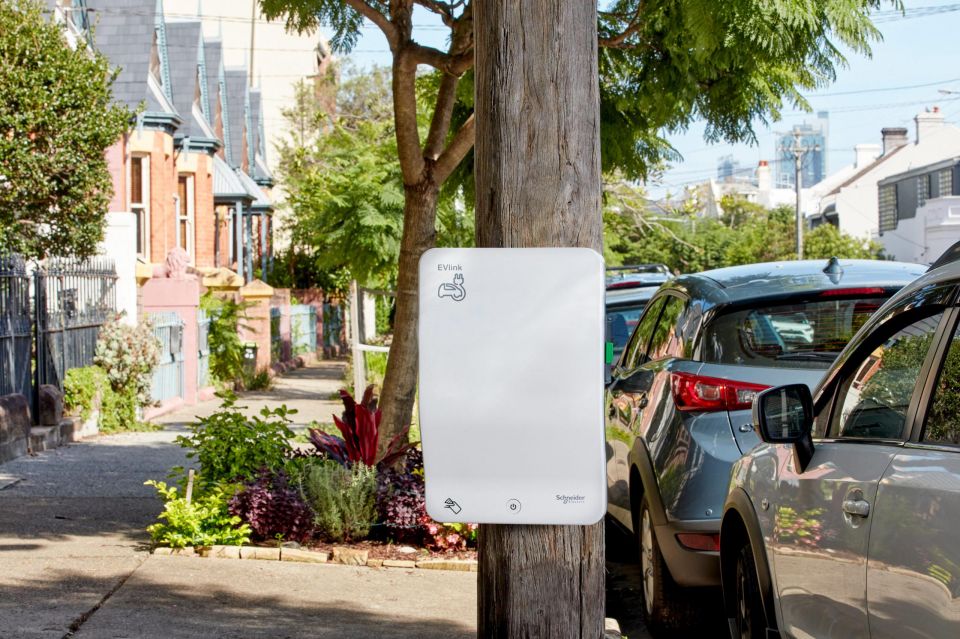
In June last year the New South Wales Government announced it would allocate $38 million in the 2022-2023 state budget towards electric vehicle chargers.
An overall investment of $633 million from the NSW Government includes:
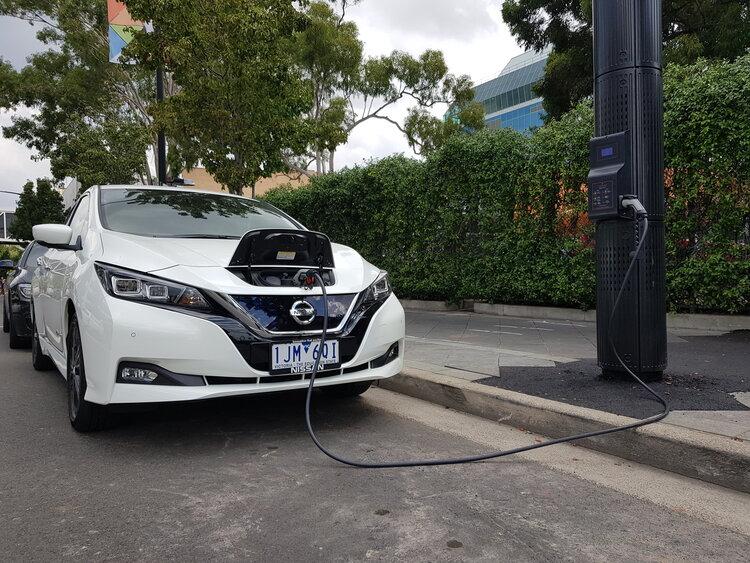
The Western Australian government announced it would partner with JET Charge to supply the hardware for 98 EV charges across 49 locations.
The WA charging network will span across 6600kms with the average distance between chargers spanning 200kms.
Last month also saw the WA Government supply a $15 million grant to expand its EV charging infrastructure.
The new initiative allows small-to-medium businesses, not-for-profits and local government authorities to apply for a 50 per cent subsidy towards the purchase and installation costs of an EV charger outside their business.
Electric vehicles overtook hybrids and plug-in hybrids last month on the sales charts.
A total of 5932 EVs were sold in February, of which 2671 were the Tesla Model 3 – the third best-selling vehicle on the market overall.
Jade Credentino is an automotive journalist currently based in Melbourne, Australia. Jade has had a chance to review a variety of vehicles and particularly enjoys SUVs. She enjoys traveling and going on road trips exploring Australia.


William Stopford
28 Minutes Ago
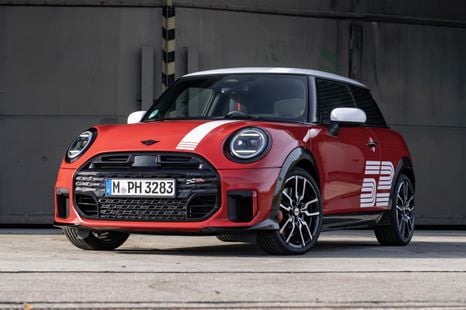

Max Davies
37 Minutes Ago
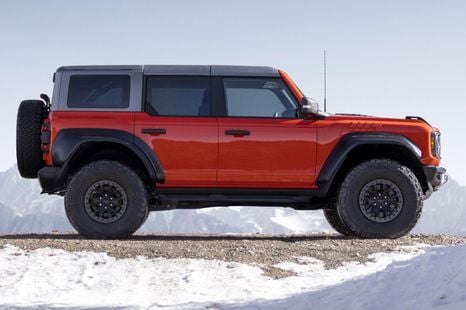

Ben Zachariah
2 Hours Ago
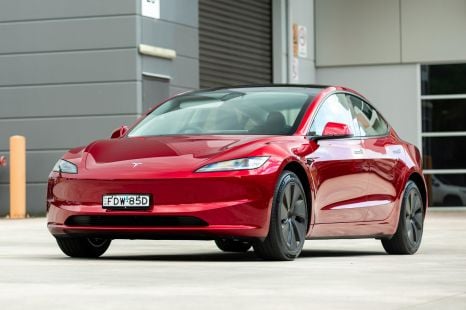

Damion Smy
4 Hours Ago
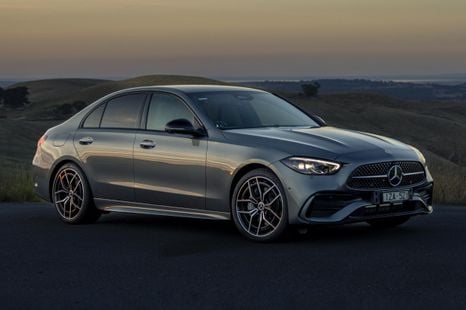

William Stopford
4 Hours Ago
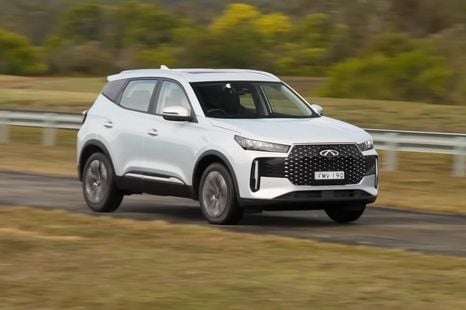

Damion Smy
5 Hours Ago
Add CarExpert as a Preferred Source on Google so your search results prioritise writing by actual experts, not AI.